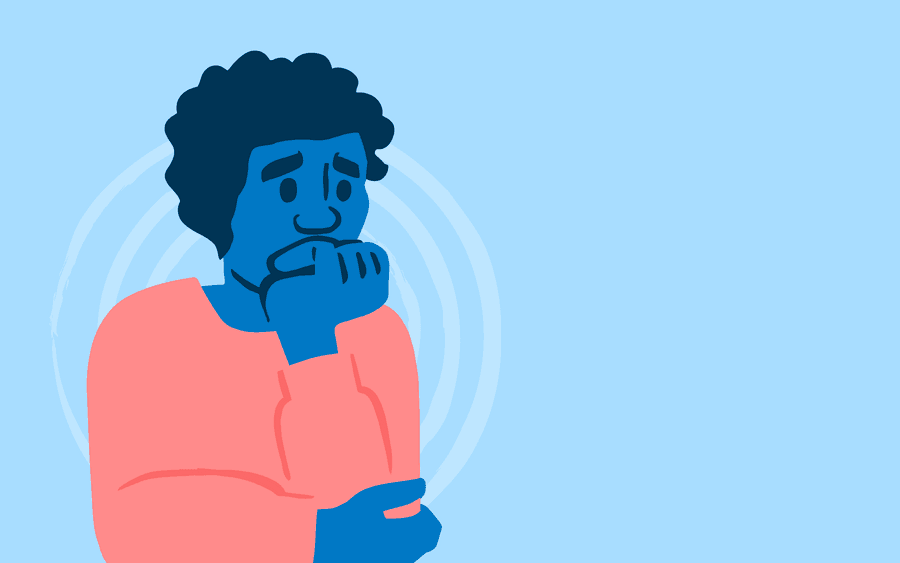Disturbing Thoughts
We all have thoughts going on in our heads all the time, stories, reimagining of the past, beliefs and ideas. Many of these thoughts are not in our direct control and can show up in our consciousness in an intrusive manner, without any effort or intention from our side.
These unwanted intrusive thoughts, which are without our consent, can be beneficial, mundane, disposable, or even disturbing and scary.
481
7.08K reads
CURATED FROM
IDEAS CURATED BY
The idea is part of this collection:
Learn more about personaldevelopment with this collection
How to overcome unwanted thoughts
How to manage intrusive thoughts
How to change your attitude towards intrusive thoughts
Related collections
Similar ideas to Disturbing Thoughts
Thoughts and Beliefs
Thoughts are the things you say to yourself in your mind. It is an important part of the quality of life and as a way to achieve something. Thoughts can create emotional feelings.
Beliefs are sometimes classified as a propositional statement in your head. Others see it as a p...
Our Subconscious Beliefs
- Our beliefs, the stories we keep telling ourselves daily, along with our constant thoughts and emotions drive a lot of choices we make.
- These unconscious beliefs and thought patterns shape our reality.
- Our past experiences and childhood traumas play a big role in the forma...
Our Thoughts and Beliefs
Our beliefs and language have to be monitored carefully.
“As long as we persist in saying, “I can’t afford that car, that trip to Europe, that home, that fur coat or ermine wrap,” we can rest assured that our subconscious mind will follow our orders, and we will go through life exp...
Read & Learn
20x Faster
without
deepstash
with
deepstash
with
deepstash
Personalized microlearning
—
100+ Learning Journeys
—
Access to 200,000+ ideas
—
Access to the mobile app
—
Unlimited idea saving
—
—
Unlimited history
—
—
Unlimited listening to ideas
—
—
Downloading & offline access
—
—
Supercharge your mind with one idea per day
Enter your email and spend 1 minute every day to learn something new.
I agree to receive email updates
